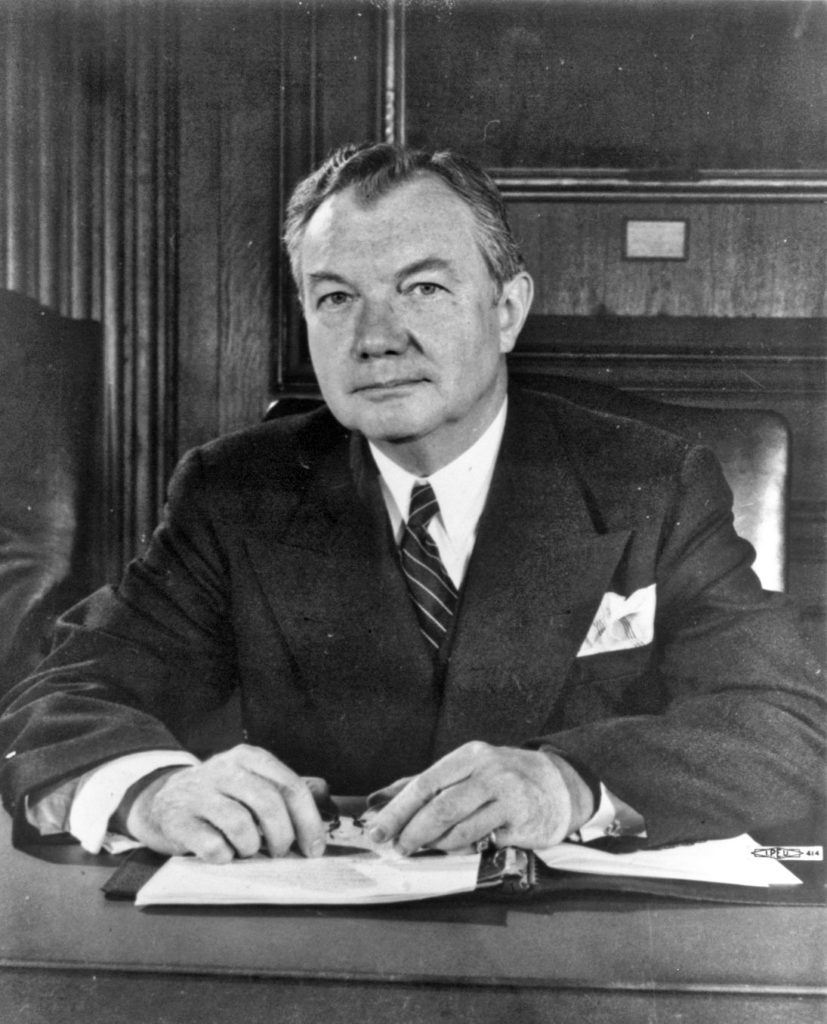The “qualifications” scam

Great Bouie column on the ahistorical nature of seeing Supreme Court nominations as being capstones for careerist try-hards rather than as part of a political process:
If significant experience as a judge is what it means to be qualified for the Supreme Court, however, then most iterations of the court have been patently unqualified. Of the 108 men (and two women) to have served on the court before 2007, according to the legal historian Henry J. Abraham in his history of Supreme Court appointments, 26 had 10 or more years of experience on any court, state or federal. Thirty-eight justices had no judicial experience, and the remaining 46 had only token experience adjudicating disputes from the bench.
Abraham notes that “many of the most illustrious members of the court were judicially inexperienced,” among them eight of the 16 chief justices (leaving the interim chief John Rutledge out of it): John Marshall, Salmon P. Chase, Morrison R. Waite, Melville W. Fuller, Charles Evans Hughes, Harlan F. Stone, Earl Warren and William H. Rehnquist.
[…]
A qualified nominee, in other words, is not necessarily a judicially experienced nominee. Looking at the entire history of the court, you could almost say that judicial experience is incidental to the making of a Supreme Court justice.
The Supreme Court, then, isn’t necessarily the capstone where you finish your illustrious legal career. It is, instead, just another political institution — insulated from the vicissitudes of ordinary politics, yes, but still operating within the boundaries of political life. And if the court is political, even sometimes partisan, then so too is the nomination process.
In choosing his nominees, George Washington looked for, among other things, men who would support his Federalist philosophy of government. His first appointment, John Jay of New York, was an ardent supporter of the Constitution and a steadfast defender of Washington himself. When Thomas Jefferson had his chance to fill a vacancy on the Supreme Court, in 1804, he made it clear that he would nominate only loyal Democratic-Republicans. His first nominee, William Johnson, was a 32-year-old South Carolina lawyer working in private practice. He was confirmed by voice vote.
Has increasing the “qualifications” of Supreme Court justices produced a better Supreme Court? I’d say the question answers itself.


